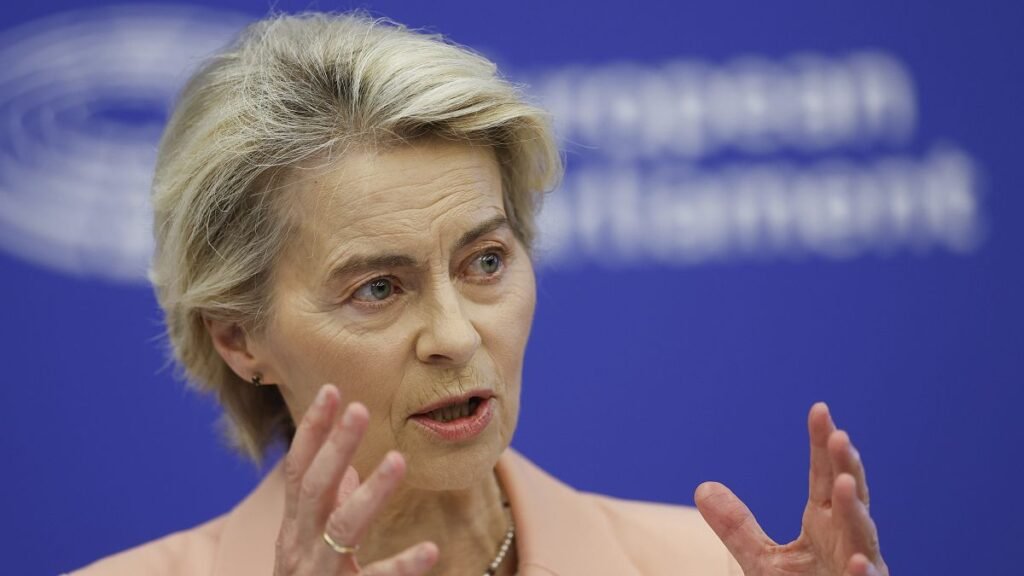Central Europe recently experienced catastrophic floods as a result of torrential rain from Storm Boris. This extreme weather event led to the deaths of at least 21 people across four countries and resulted in widespread devastation throughout the region. Thousands of individuals were forced to evacuate their homes, and national authorities were considering emergency funds for the affected areas. The European Commission in Brussels is exploring ways to support the affected communities in repair and reconstruction efforts, recognizing the increasing frequency and intensity of extreme weather events. Commission President Ursula von der Leyen emphasized the importance of managing and financing the growing need for adaptation and repair in the face of climate change.
The European Green Deal, presented by Commission President Ursula von der Leyen, is a key initiative aimed at promoting environmental resilience and transforming Europe’s economy into a competitive industrial powerhouse of the future. The new Commission, led by von der Leyen, will be tasked with addressing economic and industrial challenges while also prioritizing green initiatives. One of the top nominees, Teresa Ribera of Spain, will be responsible for the portfolio named “Clean, Just and Competitive Transition.” This portfolio will focus on balancing economic and industrial challenges with environmental concerns, highlighting the importance of taking a holistic approach to decision-making.
Suzana Carp, deputy executive director of Cleantech for Europe, emphasized the importance of the European Green Deal in shaping the future of European industries and jobs. The composition of the new European Commission reflects a clear focus on transforming the economy while maintaining competitiveness on the global stage. Carp highlighted the comprehensive strategy outlined in the portfolios of the new Commission, which demonstrates a commitment to integrating the Green Deal into a new economic doctrine. The Green Deal has been mainstreamed into this economic vision, signaling a shift towards long-lasting leadership for Europe in areas of industrial decarbonization and global competitiveness.
Despite a shift to the right in the European Parliament, there is confidence that the Green Deal will not be undermined or watered down. The mission letters sent to commissioners reinforce the objectives of the Green Deal, with mentions of ambitious climate targets for the EU by 2040. The direction set by the Commission is clear, and there is little concern for backtracking on commitments. The Draghi Report, while criticized for lacking boldness in driving the transition towards a green industrial policy, complements the bold vision set forth by the new European Commission. It offers a sobering analysis of Europe’s global standing and the necessary steps to secure long-term competitiveness on the continent. The report’s findings align with the Commission’s goals, and it will be essential for member states, the Council, and the Parliament to endorse and support this ambitious vision for the future of Europe.

